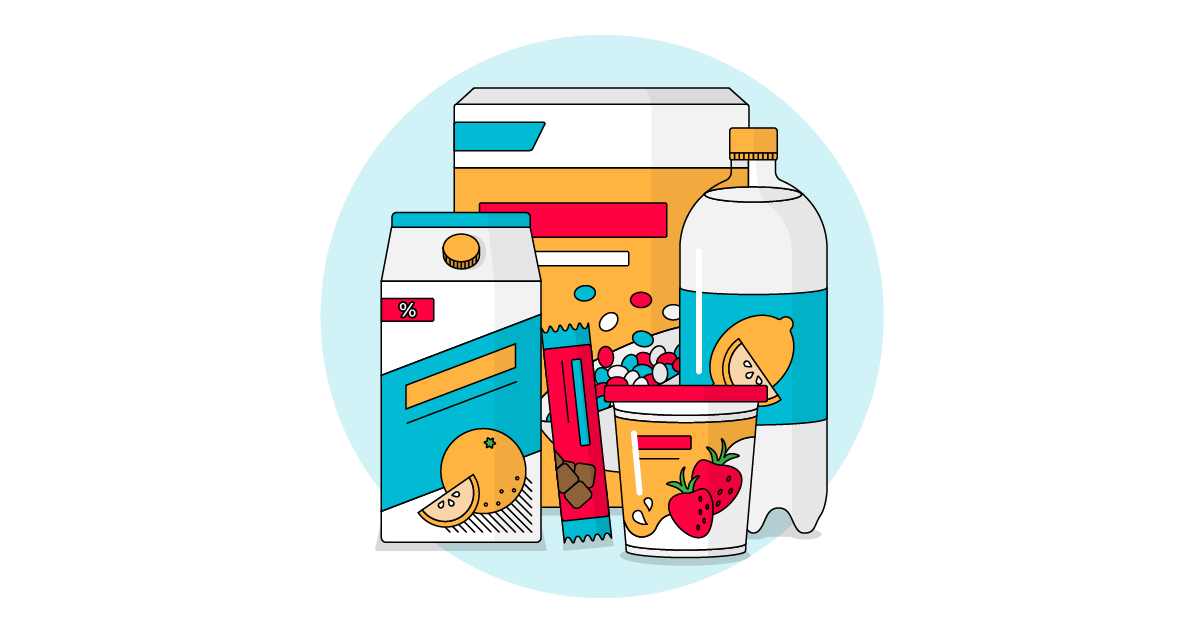Five months into the Covid-19 pandemic, macro trends are emerging in shopper behaviour, communications and brand purpose. How can FMCG brands respond to these in their online experiences and advertising? Jenna Russell, senior strategist at ELVIS, outlines five key points.
Who would have known that five months ago, a global pandemic would affect so many of us in so many different ways?
The most significant toll is at a human level. The pandemic has devastated the lives of so many, and yet has brought positive life changes to others.
Five months in, we can see the macro trends that have emerged. Shopper behaviours are adapting to the climate, brand purpose is becoming increasingly important, and genuine communications are proving the most successful. Sounds obvious when you say it out loud – isn’t that what we have always wanted from our advertising? Perhaps Covid-19 was the awakening we needed to redefine the role that marketing plays in society and culture today?
As we continue towards a new phase of economic uncertainty, the end of the furlough scheme and a rise in unemployment, FMCG brands must be mindful of people’s changing habits.
We’ve distilled our ongoing insight mining into five key take-outs, to help FMCG brands navigate their way through the fast-paced and continuously evolving landscape.
1) Delivering value at both ends of the funnel is vital
Brand value is achieved with best-in-class online experiences, but it is equally essential to provide value at the till. Implementing creative solutions to deliver value across formats, such as subscriptions and bundle deals that are responsible and compliant with HFSS guidelines, will help to maintain loyalty for bigger brands and fight off the resurgence of private label.
2) Social distancing has changed how we seek out connections
Social and online media has become even more prevalent and are filling the void of what used to be outdoor leisure activities. As the move to online evolves, ensuring you adopt a mobile-first strategy will open opportunities to capture new audiences in virtual shopping moments.
If mobile shopping has become our leisure activity of choice, FMCG brands will need to find innovative ways to stay relevant to maintain salience.
3) Just getting your ad out in an online space won’t be enough to capture people’s attention
Creativity is more important than time and place. New formats and platform innovations can provide an additional layer to the effectiveness of your creative, boosting thumb-stopping moments by adding an element of unexpectedness.
Those that embrace creative effectiveness to drive engagement will see increased shopper sales. Lush, for example, partnered with Deliveroo UAE to create a “self-timing” soap that dissolves away within 20-30 seconds of vigorous use – a smart and creative solution that takes the guesswork out of hand hygiene and is memorable and inherently shareable.
4) Behave sustainably
We have seen a monumental shift towards expectations that brands should be purpose-driven. The pandemic has increased the demands for brands to behave more sustainably.
With purpose now driving 60% of under-30s’ purchase decisions, this is no longer a conversation for tomorrow, it is a moral and commercial imperative today. Major FMCG brands have the power and scale to implement change and become leaders in the societal shifts needed for the future of our existence.
5) As well as doing the right thing, brands need to be saying the right thing
Brands help shape our views of ourselves and others, and therefore have a responsibility to us, the public, to reflect the guidelines and advice given by health professionals and the government. But it goes much further than that.
While some could head to country retreats to escape what felt like an apocalypse, the majority of us are still in our only homes, concerned over the health of ourselves and our loved ones and tightening our belts wherever possible. FMCG brands can help us to forget our woes and lift our spirits and enter our lives in meaningful ways rather than be seen to be profiteering.
This approach was exemplified by Maltesers’ response to lockdown: the brand released a series of 30-second ads, ‘Isolation Life’, featuring a group of women on a video call in humorous, relatable situations. The video spots provided some uplifting humour while also showing that the brand understood what people were currently going through.
Both brands and consumers have been affected by the pandemic. The human impact has been significant, and the ripple effect has been felt by brands. It’s only natural that we take the approach of supporting each other. As brands continue to provide entertainment, sustenance and usefulness to people, people will, in turn, identify those brands as future purchase opportunities.
As we move into the colder autumn months with forecasts of a second wave, remaining focused on the signals provided by consumer data for the FMCG category will provide us with the insights to pivot our communications at a moment’s notice to reflect the current situation.







